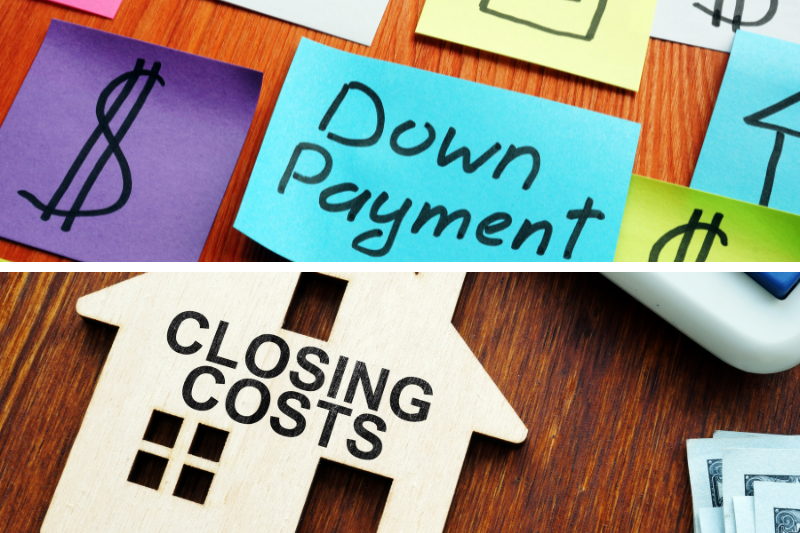So, you’re gearing up to buy a home in the Houston suburbs—maybe in Katy, Sugar…
How Higher Interest Rates Affect Monthly Mortgage Payments
An increase in interest rates can have a significant impact on your monthly mortgage payments.
Increased Monthly Payments:
Higher interest rates lead to higher monthly mortgage payments. This occurs because the interest portion of your payment increases, while the principal (the amount borrowed) remains the same. As interest rates rise, more of your monthly payment goes towards paying the interest rather than reducing the principal balance. This means your mortgage payment will increase, making homeownership less affordable for some buyers.
Reduced Affordability:
Higher interest rates can impact your affordability by reducing the price range of homes you can consider. When interest rates rise, the purchasing power of buyers decreases. For example, if you were initially qualified for a mortgage at a lower interest rate, a subsequent increase in rates may require you to either increase your down payment or lower your target purchase price to maintain the same monthly payment. It’s important to recalculate your budget and reassess the affordability of homes based on the prevailing interest rates.
Long-term Cost of Borrowing:
Higher interest rates not only impact your monthly payment but also increase the overall cost of borrowing over the life of the loan. With each payment, you pay both principal and interest. As interest rates rise, more of your payment goes towards interest, and it takes longer to build equity in your home. This results in a higher total cost of homeownership. It is essential to evaluate the long-term financial implications of higher interest rates and consider their impact on your financial goals.
Strategies to Manage Higher Interest Rates:
a. Refinance: If you already have a mortgage, refinancing at a lower interest rate can help reduce your monthly payments. However, it’s crucial to consider the associated costs of refinancing and analyze whether the potential savings justify the expenses.
b. Locking in Rates: When interest rates are on the rise, it may be advantageous to lock in a rate with your lender. Rate locks guarantee a specific interest rate for a set period, protecting you from future rate increases during that time.
c. Increase Down Payment: If feasible, consider increasing your down payment. A larger down payment can help offset the impact of higher interest rates by reducing the principal balance and lowering your monthly payment.
d. Adjusting Home Search Criteria: If you are in the early stages of home shopping, you may need to adjust your expectations and focus on homes that fall within your revised affordability range. This could mean considering smaller properties or exploring different neighborhoods.
Higher interest rates can affect both affordability and the overall cost of borrowing. Refinancing, rate locking, increasing down payment, and adjusting your home search criteria are some strategic measures that may help navigate the challenges caused by higher interest rates. Consult with mortgage professionals to assess your options and find something that fits your needs.





